There is this long-running joke that when the child prepares and sits for the PSLE, the parents are also sitting for the exam themselves.
Sometimes, parents may even be putting in more effort for the PSLE than the child, leading one to wonder who the real candidates for the exam are. The period nearing the PSLE is understandably an anxious one for parents.

Some vex over the continuous poor showing in results, the lack of drive or low confidence while others grapple with the amount of revision they should pile onto their children.
On top of that, some parents are unfamiliar with the syllabus and may not be confident enough to teach or answer questions in their child’s work. So, what can parents do to support their child in the run-up to the PSLE?
Complement, not compete with the classroom
For a start, parents should not be competing with the preparations being carried out in school and unleash harder and harder materials on their child, or subject the child to more and more practice papers at home, thinking that increasing difficulty or revision volume is going to give your child the boost.
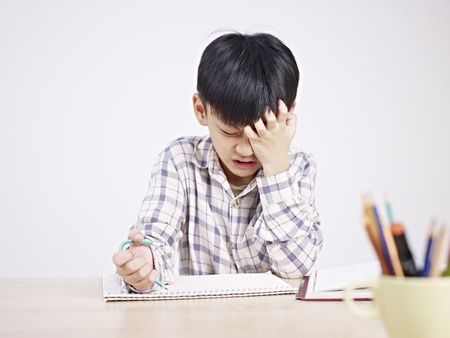
For all you know, these extra materials do not match the current syllabus, causing unnecessary stress. Let the school set the academic direction and momentum and aim to play a complementary role lest your child is saddled with conflicting instructions from two ‘bosses’.
What parents can do instead is to drop the teacher an email and ask if there are any specific areas they think the child needs more revision in and then proceed to narrow the revision based on the teacher’s input.
The teacher would be able to point out a child’s distinct weaknesses which he or she may not have the luxury to address in class. This can then become focused remediation through home support.
It’s more than just being the fastest
Besides subject mastery, other areas of exam preparation may escape the attention of parents. How one performs will also depend on one’s ability to handle the inevitable emotions that come with such a high-stakes exam.
So while children grapple with the academic content in school, parents can look into ways to boost their children’s psychological readiness as well as prepare them to handle unforeseen circumstances they may face during the exam period.

Taking the PSLE is just like entering a sports competition. It is not merely a measure of how fast a runner can run. There are also other factors such as the condition of the body on the day of the competition and the environment one is competing in.
There will be pressure and nervousness which are absent during training. These can lead to further detriments like insufficient rest and tiredness, which can hamper one’s performance on the actual race day.
Just like the Olympics
To prepare for her Olympic event, Alisa Camplin, Australia’s first gold medallist for aerial skiing, not only had to train adequately for the sports. She also made sure to train in adverse conditions, such as when she was tired or on an empty stomach.
True enough, she had to battle physical injuries, lack of sleep due to anxiety the previous night and stomach discomfort from having no appetite on the day of her event, before finally emerging triumphant.
So likewise, for your child’s own ‘Olympic event’, apart from looking into how well he or she has understood concepts, it is also very helpful to prepare him or her to cope with possible pressure and learn to calm the nerves in the exam room.
While it takes a long time to hone the ability to deal with pressure well, and there isn’t much time to start joining competitions to build up your child’s resilience, it is still beneficial to discuss and mentally visualise the scenarios.
Getting your child to draw on his or her past experiences of exercising resilience and walking a child through mental dry runs for the big day can help your child anticipate the emotions that he or she may have to deal with, apart from answering questions correctly.

There is also this possibility that a child may not sleep well the night before the exam and will have to fight fatigue on the actual day. The child may also fall sick but the show must go on. Hence, occasionally doing revision in less than ideal situations may improve mental strength for such calamities.
Some athletes may tune their body clocks and train according to the time zone of their competition’s location. Likewise, it will be helpful to have similar daily routines close to the one during the exam to help your child ‘acclimatise’ and ease him or her into the examination cycle instead of subjecting the child to conflicting biological rhythms after all the late-night revisions.
Nevertheless, they must be made aware that they cannot go into the exam period expecting the perfect conditions for them to perform.
Holistic preparation towards peaking during the PSLE
While the teachers in school work on technical aspects, I’m sure you, as a parent, know your own child’s personality and character best.
So you are in the best position to provide holistic support, to look after your child’s mental and physical well-being, to achieve peak performance when your child sits for the PSLE.
The subsequent articles in the series will take a closer look at preparing your child for the various core subjects in the PSLE:
– Studying for PSLE Series: Science Exam
– Studying for PSLE Series: Languages
– Studying for PSLE Series: Science Exam
– Studying for PSLE Series: Maths
By Tan Khee Shian.
* * * * *
Stay in touch! Subscribe to our Telegram here for all our latest updates.
Like what you see here? Get parenting tips and stories straight to your inbox! Join our mailing list here.






































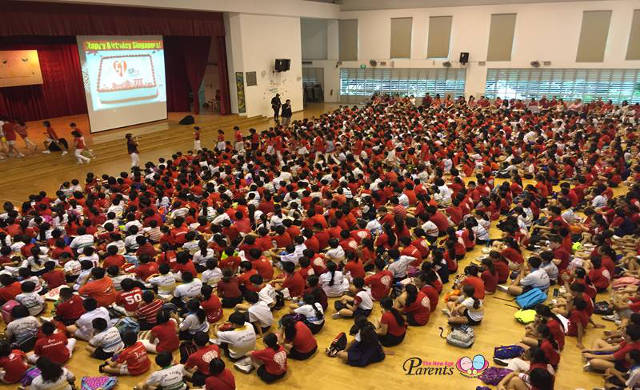
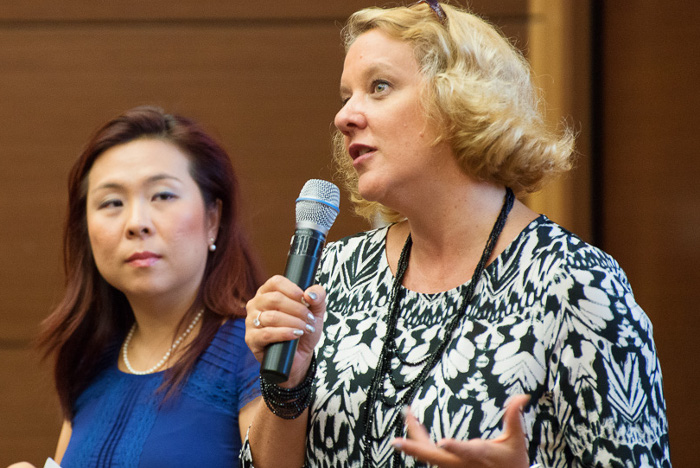
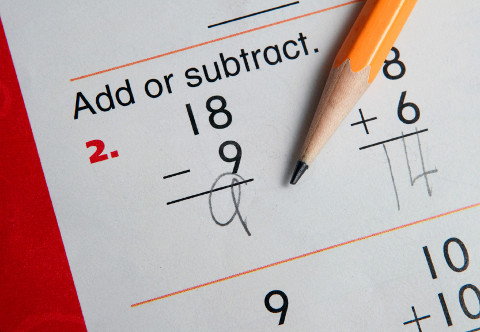

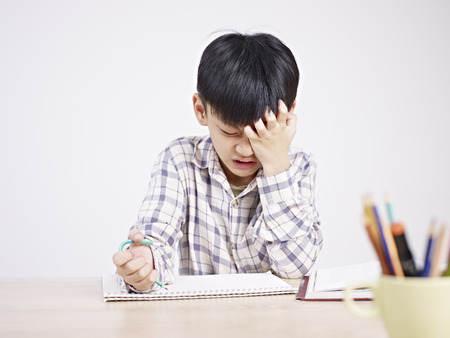



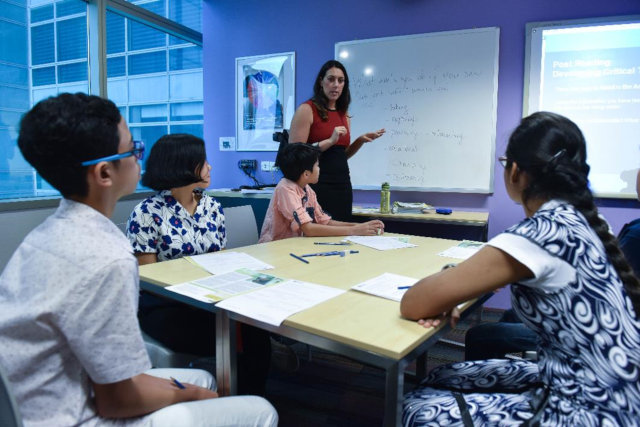










Leave a Comment: